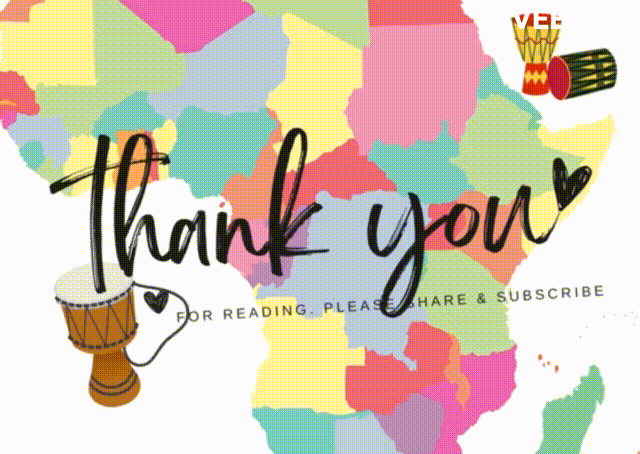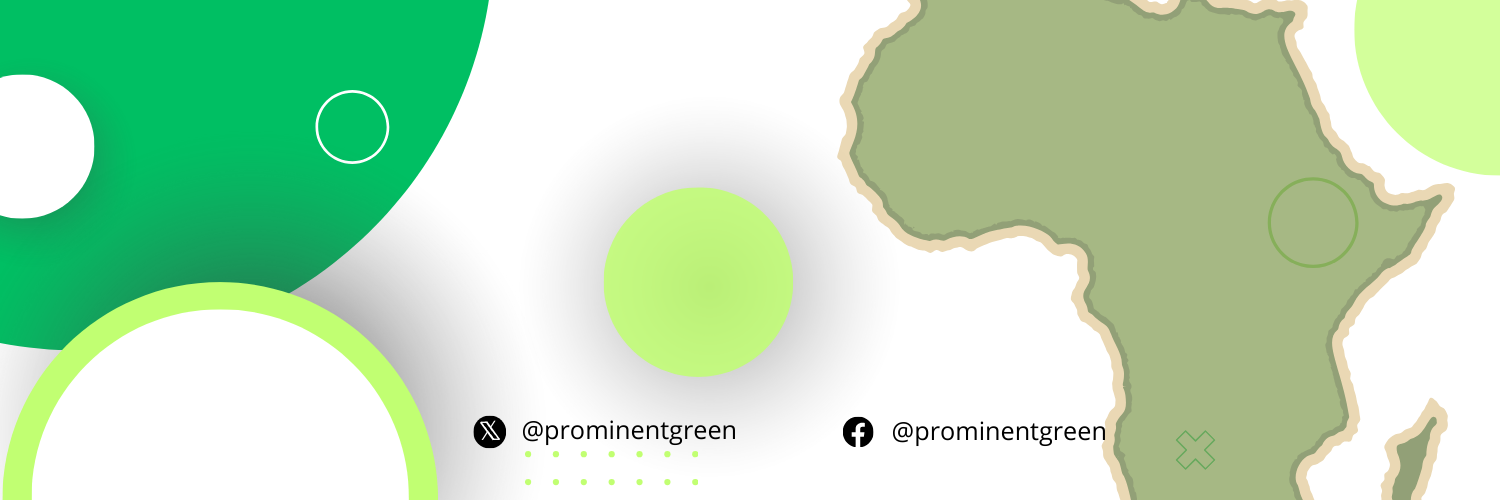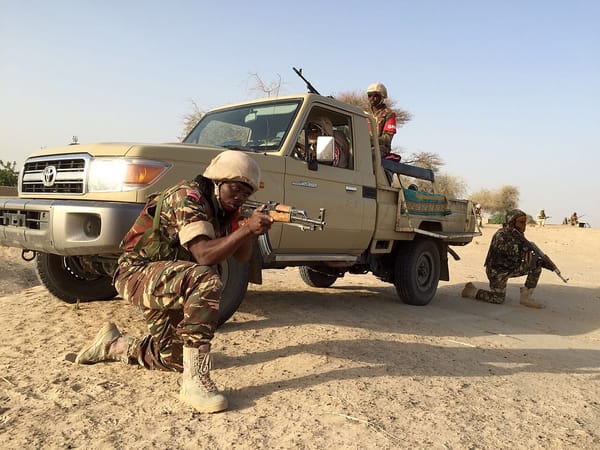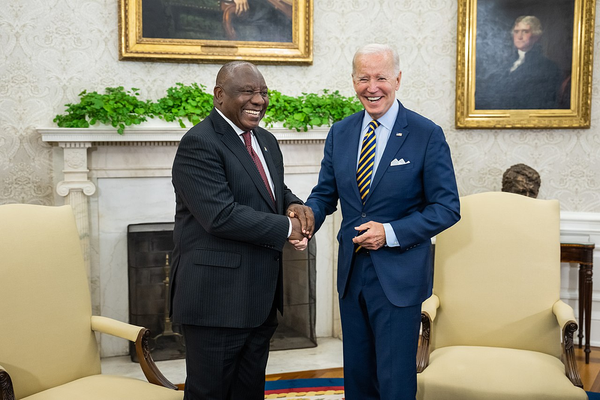Nigeria’s Currency Redesign Fiasco.
The cash shortage has caused untold hardship for Nigerians, sparking riots with millions of Naira in damages and loss of lives. It has caused political upheaval as 3 state governors drag the Federal Government and the CBN to the supreme court

Introduction.
Nigeria, the largest economy in Africa, with her economic growth projected to slow down to about 2.7% from 3.6% in 2021 and inflationary pressures projected to remain higher than pre-pandemic levels at 21.82%, and a ballooning debt profile estimated at $217.487 Billion recently underwent a significant currency redesign.
The top three notes being phased out are essentially skeuomorphic versions of the new banknotes. The makeover, which is the first big change to Nigeria’s currency in about twenty years, aims to increase money circulation, fight “hoarding,” and rid the country of counterfeit banknotes.
Nigeria.
Seated on The Gulf of Guinea in Western Africa, and bordered by The Republic of Benin to the west, Niger Republic to the North, and The Republic of Cameroon to the east, Nigeria is Africa’s biggest economy and home to the largest population of people, who are predominantly young at an average age of 18 years old. Nigeria's population is estimated at a little over 206 million people, which is about 2.64% of the world’s population.
The Need for a Currency Redesign
Nigeria’s economy has seen substantial development and changes since the introduction of the nation’s current series of banknotes and coins. The country’s position as a significant player in Africa and the world economy was no longer represented in the antiquated currency design, which was developed in the 1990s. The previous banknotes and coins were also susceptible to counterfeiting due to several security flaws.
Furthermore, the increasing use of technology in financial transactions, the hoarding of the Naira (Nigeria’s currency) by speculators, and the need to stay ahead of the curve in terms of security features have also driven the need for a currency redesign in Nigeria.
The nation needed to make sure that its currency had cutting-edge security measures to guard it against counterfeiting and other types of financial crime in light of the rising number of cashless transactions.
The CBN also intends that the redesigned notes will strengthen the economy, reduce cash management expenditure, promote financial inclusion, and enhance the CBN’s visibility of the money supply. Yet, there is a perception that the currency makeover, which was carried out only a few weeks before a crucial general election, was done for political reasons to undermine the money-bag politics that are so widespread in Nigeria. This will be brought up again later in this piece.
The Design Process
The redesign process of Nigeria’s currency was a collaborative effort between the Central Bank of Nigeria (CBN), the Ministry of Finance, and the Nigerian Security Printing and Minting Company (NSPMC). The CBN only redesigned the top 3 notes of The Naira which are the N1,000, N500, and N200 notes.
The CBN cited the need for a redesign as the justification for revamping the Naira notes at this time, noting that the best practice throughout the world is to redesign currencies every five to eight years.
Except for the colour change, the revised notes essentially maintain the previous notes’ appearance, right down to the security features. The revamp, in my opinion, is pedestrian, uninspired, and lazy. Redesign’s definition, according to a fast search of the Oxford Dictionary, is “to create something again, in a different way.” The operative term is “different.”
Compared with the currency redesign done by The Bank of England, the Pound was redesigned in the true sense of the word, with new security features, images, and designs introduced. The introduction of the new currency in the UK is explained in a clear and cogent manner with little harm to the domestic economy.

Impact on the Economy
Nigeria’s economy is anticipated to benefit from the currency makeover in several ways. First off, it is anticipated that the enhanced security measures of the banknotes would lessen the circulation of counterfeit money, which has historically been a significant issue in Nigeria.
Because more people will trust the currency as a result, there will be more money in circulation, which is crucial for economic progress. Given the confusion that followed the redesign and distribution, this remains to be seen.
Also, it is anticipated that the new currency design would improve Nigeria’s reputation abroad. The country’s dedication to financial stability and security is demonstrated by the current designs (colours) and enhanced security measures, which are anticipated to draw international investment and boost commerce with other nations.
Moreover, the CBN anticipates that the revamped currency would aid in the fight against speculative stockpiling. A staggering quantity of money began to flow to the banks when the redesign was revealed and the deadline for exchanging the old notes for the new took effect. To handle the “overflow,” the CBN has to order banks to operate on weekends. The timeline was inadequate.
Despite the CBN’s best efforts, the alarmingly high number of unbanked people and companies hasn’t changed much over the years.
Currency reform and launch with a few weeks acceptance window was always going to cause upheaval given Nigeria’s poor financial services penetration, the enormous quantity of money outside the banking system, and the population’s heavy dependence on cash.
Several factors have contributed to the shortage of currency in Nigeria:
1. Inflation: Inflation is a rise in prices that reduces the purchasing power of money. In Nigeria, high inflation rates have led to an increase in the demand for cash, as people try to protect their savings by withdrawing money from the bank and keeping it in the form of physical currency. The annual inflation rate in Nigeria accelerated to 21.82% in January 2023 due in part to the scarcity of petrol; which powers transportation and industry because of the decrepit state of electricity generation; and the scarcity of the new Naira notes which has frustrated commerce and subsistence economic activities.
2. Cashless Policy: The Central Bank of Nigeria’s push towards a cashless economy should’ve resulted in a decrease in the demand for physical currency. Banks, fintech firms, and other financial organizations encouraged the adoption of digital payment systems, which would have decreased the demand for cash.
But, given the disorganized way the new notes have been introduced and the fact that Nigeria’s cash-based economy has long defied the CBN’s cashless agenda, it’s not surprising that riots have broken out across the nation due to people being unable to obtain cash. In the near run, at least, the entire scenario has resulted in the entrenchment of currency rather than a “cashless” economy.
3. Currency Circulation: The limited circulation of currency in Nigeria has also contributed to the shortage. The Central Bank of Nigeria is responsible for printing and distributing currency, but the process is not always efficient, leading to shortages in some areas of the country.
This most recent disaster has been very severe. Individuals may be seen standing in line overnight at banks and ATM cash machines only to have access to some cash. This has resulted in a complete collapse of the economy. The CBN, which is in charge of managing and distributing all currencies, appears to be better at explaining the cash scarcity than delivering the additional money.
4. Political and Economic Uncertainty: Nigeria’s political and economic unpredictability may also be a factor in the country’s cash scarcity. People may take significant bank withdrawals during unstable times, which causes a lack of cash. Consider the scenario in the country’s North Eastern region, where terrorist strikes and kidnappings for ransom have grown so common.
The criminals will only take cash as a ransom for a kidnap victim so the relatives of the victim have no choice but to raise the physical cash amount. The recent rise in riots which has resulted in the deaths of people and the destruction of property is directly linked to people’s anger and frustration about the scarcity of new currency and petrol.
5. Corruption. Corruption in Nigeria is a major issue affecting all aspects of life. Transparency International ranks Nigeria 154 on the CPI index. A reduction in the amount of money in circulation may result in theft or other improper use of the currency.
‘Money-changers’ are virtually always present at practically every ‘Owambe’ (An expensive Nigerian weekend party, typically a wedding), offering you brand-new notes in exchange for a fee. The money changers have access to mint notes, which the average individual most surely does not. Notwithstanding the CBN’s 2007 ban, this practice still exists.

To answer the question
I think the redesign of the currency is driven by political considerations. Given the impending general elections, it is an effort to stifle moneybag politics. Given how sensitive the Nigerian economy becomes during election seasons, why did the CBN decide to restructure the currency now?
The objective of the CBN as indicated in the statement released by the bank vs. the implementation makes it a million-dollar question. This should have been introduced by the CBN later when there would have been more time for rollout.
The Nigerian Central Bank is solely to blame for the economic and political topsy-turvy the country is experiencing as a result of the currency scarcity, given the fact that the CBN is constitutionally enabled and responsible for the management of The Naira.
The CBN cannot, with a thousand press releases, absorb itself of blame. The bank should’ve adequately prepared for the rollout, taking into account the level of cash adoption versus the adoption of digital payment solutions, the amount of physical cash to be absorbed in the timeframe given into the banking system versus the amount of the new notes to be printed.
The Bank should have also considered the logistics of achieving a seamless transition from the old to the new notes with minimal impact on the economy while achieving the bank’s goal of guarding against hoarding and counterfeiting.
Moneybag politics is pitiful because it seeks to buy the silence and complicity of the citizens in the desecration of the polity by greedy and crooked politicians. However, rushing through a currency redesign so close to a general election to checkmate moneybag politicians is dimwitted considering the grave impact of the botched rollout. You don’t burn the house down to catch a snake!
There are insinuations that the ensuing chaos is deliberately orchestrated to push Nigerians to revolt which would then be used as a justification to send out the military who will stay on to ‘monitor’ and ‘secure’ the elections. Of course, whoever holds the leash controls the beast.
Opposition can be repressed, people can be intimidated, and voting can be manipulated by the sheer presence of soldiers. Videos have surfaced online showing the military activity in major cities in the country which look more like an invasion than anything else.
There’s a recent precedence for election postponement. The Jonathan administration postponed the 2015 elections that brought Buhari to government by about a month, so it won’t be out of the blue if a postponement is proposed. There is an even more sinister conspiracy theory that the riots in Nigeria will be used to justify the cancellation of the forthcoming general elections with the possibility of installing an interim government.
There is no substantiating evidence to any of these insinuations and the government has stated that the elections will not be postponed, however, looking at the verifiable fallout of the implementation, it’s not hard to project how the situation can be manipulated to suit the whim and caprice of a few megalomaniacs in Nigerian politics.
This is exactly why I wrote an article aptly titled; I’m in a love-hate relationship with my country, the country and its remarkable people have the potential to achieve so much, yet she suffers from terrible leadership. Even when the right idea is proposed, it’ll be implemented in the worst way possible. It used to be that the country existed at a bare minimum, but now, it’s as if the leaders are racing to drive her into the ground as far as they can.
The cash shortage has caused untold hardship for Nigerians, sparking riots with millions of Naira in damages and loss of lives. It has caused political upheaval as 3 state governors drag the Federal Government and the CBN to the Supreme Court to extend the deadline for the expiration of the old notes, but the CBN being an independent body has remained steadfast in the deadline given.
The situation could potentially set off a constitutional crisis as the Apex court has issued a temporary ban on the rollout of the new naira notes, directly infringing on the duty and jurisdiction of the Apex bank in the discharge of its duty.
The situation, however, benefits the flagbearer of the Labour Party; Peter Obi. He has said several times he doesn’t play moneybag politics. His emergence has been organic, benefiting immensely from the #EndSARS movement.
A large portion of his support base is made up of the youth, a large percentage of whom participated in the aforementioned protest and see other contenders for the presidency as part of the old guard.
Conclusion
The shortage of currency in Nigeria has caused inconvenience for many people, as they are unable to access the cash they need for everyday transactions.
The electronic payment systems of most banks are overwhelmed causing significant delays to online transactions, most people have become weary of digital payment platforms causing more people and businesses to demand cash.
The Central Bank of Nigeria is working to address the issue by increasing the circulation of currency and encouraging the use of digital payment methods. But the people and the country suffer in the meantime.

If you enjoyed this article, kindly subscribe to our weekly newsletter: "News From Around The Motherland," to stay updated on opinion articles and in-depth explorations of diverse African subjects. Thanks for reading.





